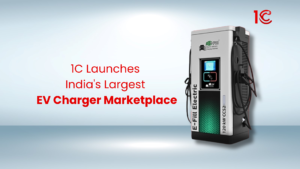
Menu
Menu
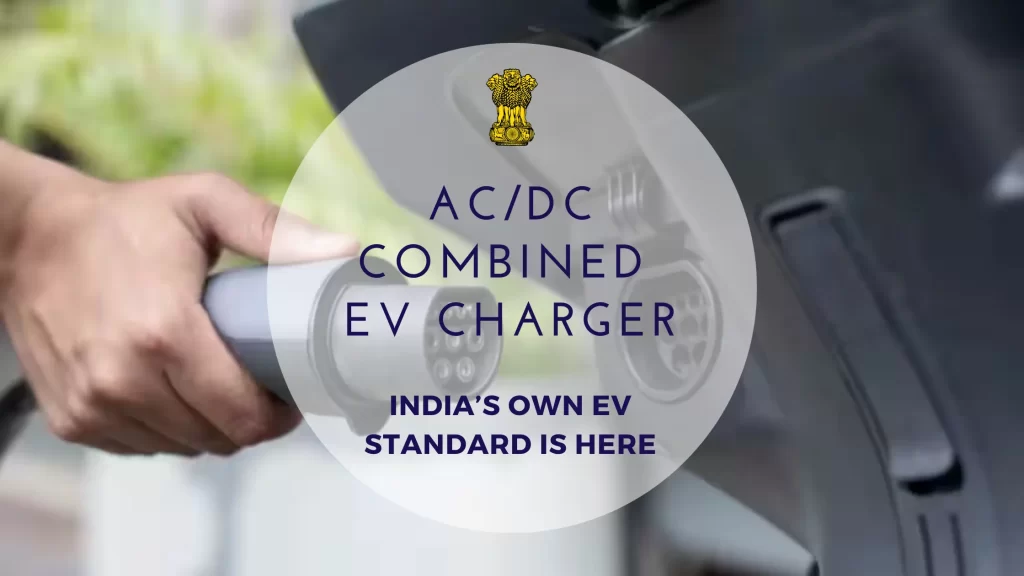
In a move that asserts India’s leadership in electric vehicle technology, the Bureau of Indian Standards (BIS) has approved the country’s first AC and DC combined charging connector standard for light electric vehicles (LEVs). Christened IS17017 (Part 2 / Sec 7): 2023, this pioneering standard is designed and engineered entirely in India.
The development of IS17017 is a collaborative achievement involving NITI Aayog, the Department of Science and Technology, the Automotive Research Association of India (ARAI), EV manufacturers, and BIS. This joint effort lays the foundation for an open ecosystem that will accelerate EV adoption in India and reduce dependence on international standards ill-suited to India’s needs.
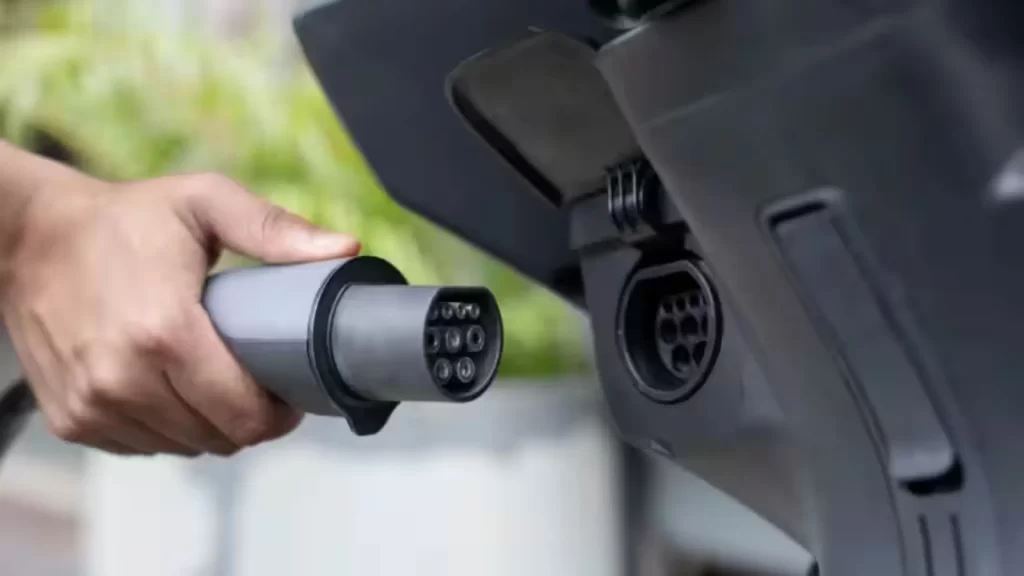
IS17017 addresses the unique charging requirements of light EVs like two-wheelers, three-wheelers, and microcars. These smaller vehicles cannot adopt the same charging connectors used in four-wheelers due to substantial cost and size constraints. The combined AC and DC connector specified in IS17017 provides an interoperable network for both slow AC charging and fast DC charging that enhances flexibility and convenience for EV owners.
Unlike other countries that have separate connectors for AC and DC charging, India has chosen the more advanced combined connector right from the outset. This proactive approach will ensure easy migration to faster DC charging as that infrastructure expands across India. IS17017 allows EV manufacturers to design vehicles that support both AC and DC charging from day one.
The development of IS17017 is a major achievement for India’s ‘Make in India’ policy. The standard promotes local manufacturing of EV components and reduces reliance on imported connectors. By spearheading a global first, India is positioning itself as a technology provider shaping EV charging standards worldwide. Industry leaders have commended this strategic embrace of indigenous innovation to serve both Indian and global needs.
The unique requirements of India’s EV ecosystem call for homegrown solutions. IS17017 sets India on the path to becoming a major player in clean mobility and EV technology. With sound policy backing indigenous standards, India is harnessing its engineering talent to deliver world-class innovations. This will attract further investment and establish India as a hub for cutting-edge EV R&D and manufacturing.
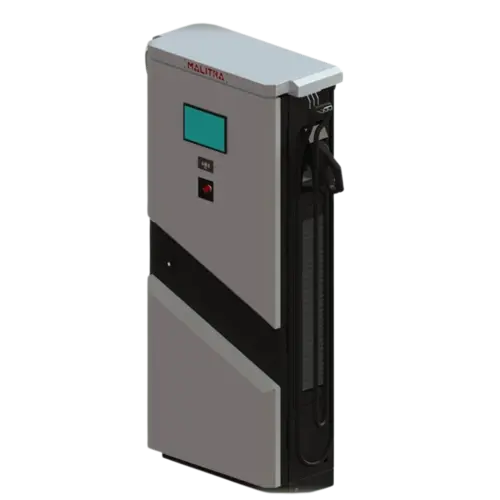
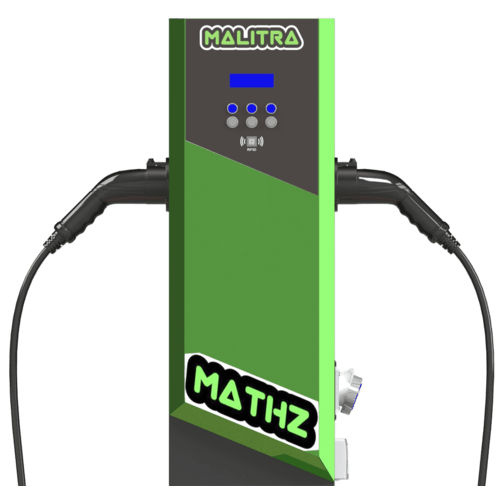
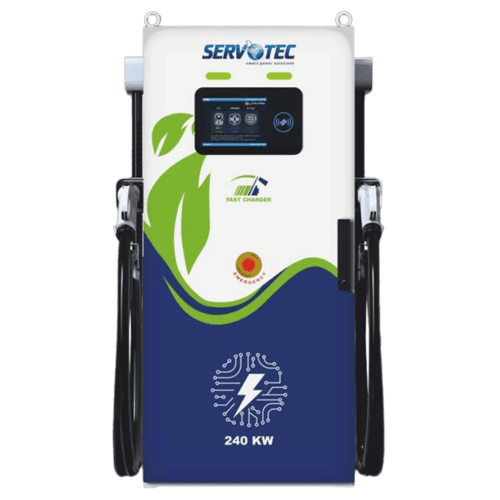
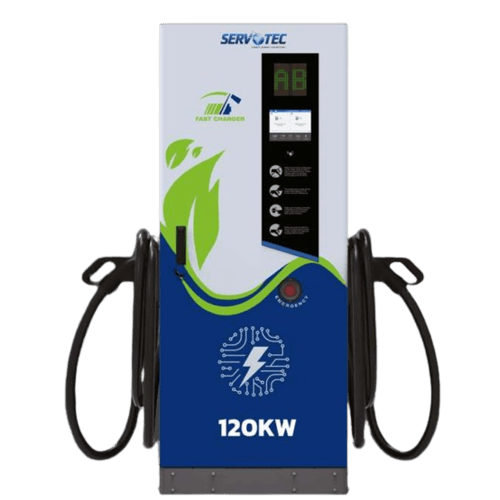
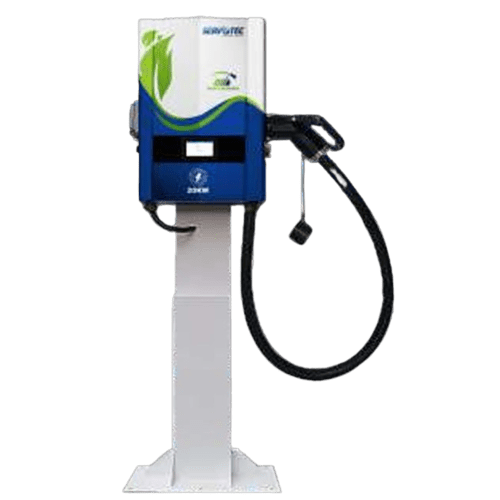
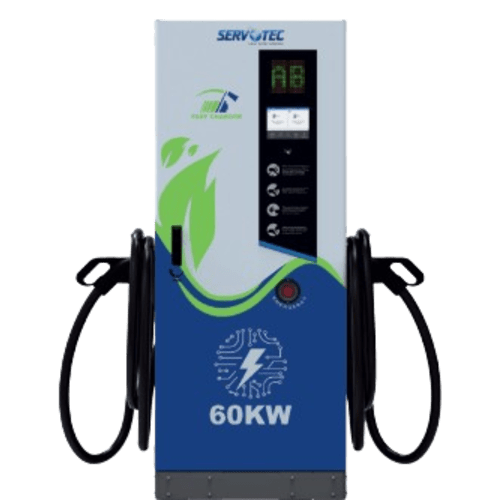
© 2024 Massive Mobility Private Limited. All rights Reserved